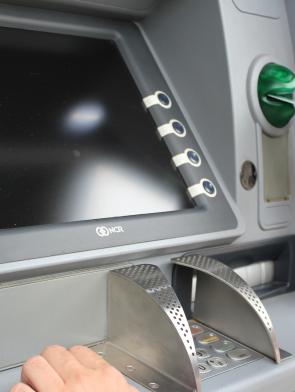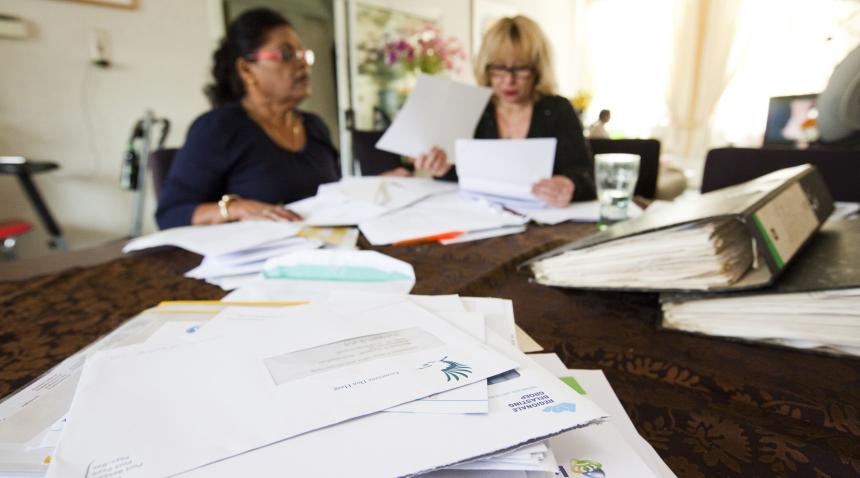
The 30% expat ruling explained
The 30% expat ruling, is a Dutch tax advantage designed to attract skilled professionals from abroad. Under this scheme, eligible employees can receive part of their salary tax-free for a limited time. This is meant to offset the extra costs of moving to and living in the Netherlands - also known as extraterritorial costs.
Partial reversal of the reduction
The expat scheme was initially set to be gradually reduced in a 30-20-10% phasing. However, this decision has been largely reversed. In 2025 and 2026, the tax-free allowance will remain at a maximum of 30%. Starting in 2027, this will be reduced to a maximum of 27%. Additionally, a higher salary threshold will apply from 2027 onwards. For employees who began using the expat scheme in 2023, a transitional arrangement will apply.
The tax break is intended to help with the costs of relocating to a new country, such as travel expenses, costs of international education or furnished housing.
Who qualifies?
Are you wondering if you qualify for the 30% tax ruling? Head over to this article from the official Dutch tax office to check!
How is the 30% ruling applied in payroll?
From a payroll perspective, this tax ruling significantly impacts how your gross salary is taxed and, therefore, your net income. If you are eligible, your employer applies the tax benefit directly to your monthly payslip, so you don’t have to claim it separately.
Let’s break it down with an example:
You have a gross monthly salary of €5,000, and you qualify for the ruling.
- 30% of €5,000 = € 1,500 is tax-free
- You will be taxed only on the remaining €3,500
This means your take-home pay is higher than it would be without the ruling.
What should you keep in mind?
- You must meet certain criteria regarding salary levels, skills, and recruitment distance;
- The total benefit lasts for a maximum of 5 years;
- Each month, the tax-free portion should be clearly visible on your payslip;
Your employer is the one who has to apply the ruling in payroll, so it’s important to inform them.
For more up-to-date information, please visit the website from the Dutch Government.
Need support?
Please visit our service providers page for our experts on taxes and legal advice.







